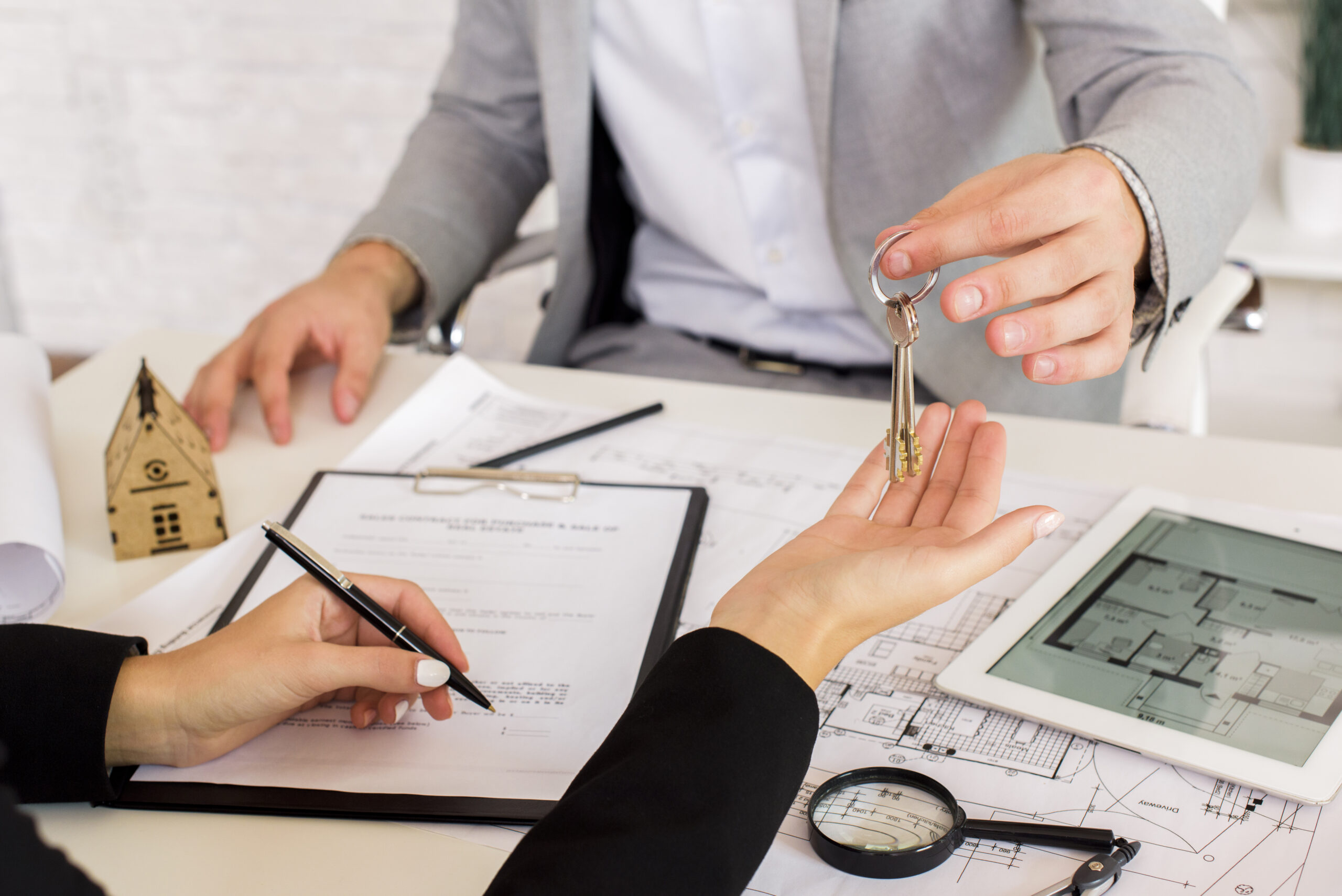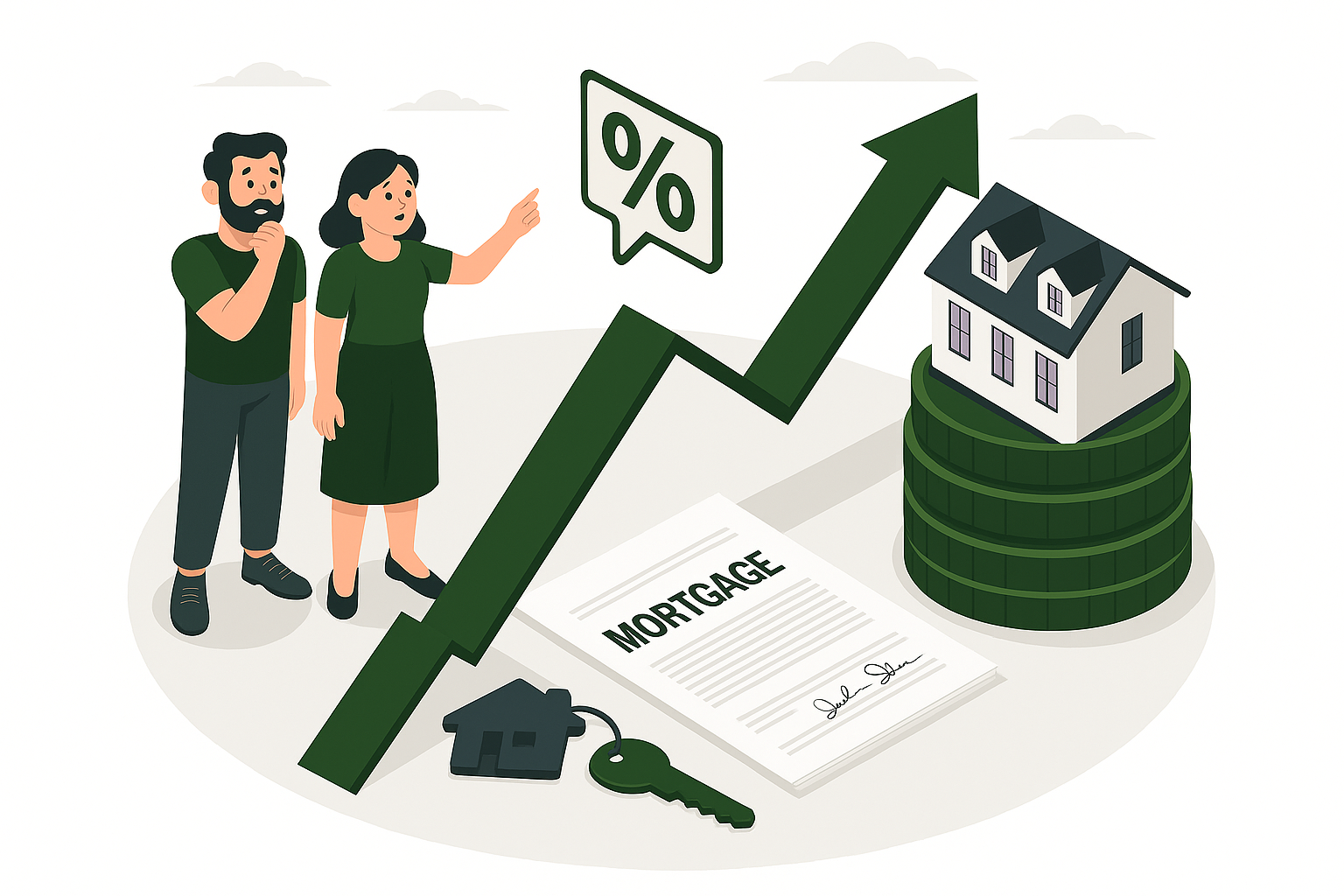When you’re looking at properties in the UK – especially in prime London areas with Glentree Estates – the term “freehold” comes up a lot. But what does it mean, and how does it affect your rights, responsibilities, and investment? Let’s get to the bottom of it.
Being a freeholder means you own the property and the land it sits on with no time limit. This is the most straightforward form of ownership and is usually associated with freehold houses for sale rather than flats.
Here are the key benefits of freehold ownership:
- Permanent ownership : No time limit on ownership
- Complete control : Freedom to modify, extend, or develop (subject to planning permission)
- No ground rent : No ongoing payments to a superior landlord
- Inheritance rights : Can be passed down through generations
- Investment security : Generally considered more valuable than leasehold

What Does Freehold Mean?
- Complete ownership of both the property and the land it occupies, with no time limits or expiration date.
- No need to pay ground rent or service charges to a superior landlord who is familiar with leasehold properties.
- Can transfer property to heirs or sell it freely without any restrictions from a lease or landlord.
- Full autonomy to live in, rent out, or modify the property as you wish, provided you comply with planning permissions.
- Full responsibility for all maintenance, repairs, and insurance, as there is no landlord to rely on.
Why Is Freehold So Popular?
- Long-term security is assured, as there is no risk of your rights expiring, unlike with leasehold properties.
- More control over the property from renovations and extensions to selling.
- No ongoing charges, such as ground rent or lease extension fees, which can add up to significant savings over time.
- Freehold homes generally retain or increase in value more effectively than leasehold properties, as there are no lease terms to erode their value.
- Many buyers and lenders prefer freehold properties, as they are easier to sell or remortgage.
What Are the Real Responsibilities of a Freeholder?
- Maintenance of both the property and the land, including structural repairs and external upkeep, is the responsibility of the freeholder.
- Legal compliance is necessary, so you must obtain planning permission for extensions or significant alterations.
- The responsibility to ensure the building and its contents are protected against damage or loss lies with the freeholder.
- All property-related taxes and utility bills must be managed and paid by the freeholder.
- If the property is part of an estate, you may need to pay for shared services, such as private roads, but these are usually clearly defined.
Speak to our specialist to buy freehold property today
Freehold vs Leasehold: A Quick Comparison
| Features | Freehold | Leasehold |
|---|---|---|
| Ownership | Full, indefinite | Temporary, for a fixed term |
| Control | Complete (subject to laws) | Limited, with restrictions |
| Ongoing Cost | None (except maintenance/insurance) | Ground rent, service charges |
| Value Appreciation | Generally higher | Can decrease as the lease shortens |
What About Flats and “Share of Freehold”?
- Most flats in the UK are sold as leasehold, but some are available as “share of freehold.”
- A share of freehold means that flat owners collectively own the freehold of the building, giving them joint control over management decisions.
- This can mean lower service charges, more say in maintenance, and easier agreement on building works.
- Even with a share of freehold, you still own your flat as a leaseholder but also have a share in the freehold company.
- It’s essential to check the legal structure and responsibilities before buying a share of a freehold flat.
What Is a Flying Freehold?
- A flying freehold is when part of your property, such as a room or balcony, extends over or under another property.
- These arrangements can complicate lending and insurance, so seeking legal advice is essential.
- Common examples include rooms above shared passageways or garages.
- You still own that part of the property outright, but you may have obligations to neighbours.
- Always check with your solicitor if a flying freehold is involved in your purchase.
How Does Freehold Affect Property Value?
- Freehold homes are generally more desirable in the market, making them easier to sell.
- There is no diminishing lease term to impact the value of a freehold property.
- Freehold properties tend to appreciate more over time, offering greater investment security.
- Lenders tend to prefer freehold due to the absence of lease-related risks.
- Location, size, and condition still matter, so research the market to maximise your return.
What is the Process to Buy Freehold Property?
- Start by doing your research, comparing freehold and leasehold to understand the pros and cons of each and decide which is best for you.
- Consider your mortgage arrangements, as freehold properties can sometimes be more expensive. Therefore, it’s essential to plan your finances and secure a mortgage in principle as early as possible.
- Before making any commitments, arrange for a property survey to identify potential issues that may affect your decision or negotiations.
- Instruct a conveyancer to conduct the necessary legal checks to ensure that there are no restrictions on the property’s title and that all required searches and paperwork are completed accurately.
- Complete the purchase by exchanging contracts with the seller and transferring the funds, at which point you will officially become the freehold owner, and the property will be registered in your name.

What should I consider before buying freehold property?
- Freehold properties are more expensive upfront, so you may need to budget more than for leasehold.
- As the owner, you are responsible for all maintenance and upkeep, so all costs and obligations are on you.
- It’s important to note that banks typically prefer freehold properties when granting loans. However, it is essential to compare interest rates and loan terms from various lenders to ensure you receive the best deal.
- Think about your long-term plans, since freehold ownership means you have more control but also more responsibility for the property’s future.
- Finally, consider the location and potential for growth; these will impact your investment over time.
Start Your Freehold Ownership Journey
Want to Explore Freehold Properties?
- West Heath Avenue, NW11
- Heath Close, NW11
- Compton Avenue, N6
- Wildwood Road, NW11
- Neville Drive, N2
- The Bishops Avenue, N2
- Read Glentree’s Blog for More Insights
Conclusion
Freehold means you fully own the property and the land it occupies, giving you complete control and responsibility for your home. If you’re seeking freehold houses for sale, start your journey with Glentree Estates and explore the best.
1. What’s the difference between freehold and leasehold?
Freehold is indefinite ownership of the property and land. Leasehold means you own the property for a set term (often 99–999 years), but not the land, and pay ground rent to the freeholder.
2. Are freehold properties more expensive?
They can be, due to the security and flexibility they offer. Freehold houses for sale are often seen as a better long-term investment.
3. What is a “fee simple absolute”?
This is the most common type of freehold estate, granting the owner full rights to the property and land forever, with no conditions attached.
4. What happens if a freeholder doesn’t maintain the property?
The freeholder is legally responsible for upkeep. Neglect can lead to legal action or enforcement by local authorities.
5. Can I get a mortgage on a freehold property?
Yes, lenders generally prefer freehold properties due to their stability and lack of lease-related complications.